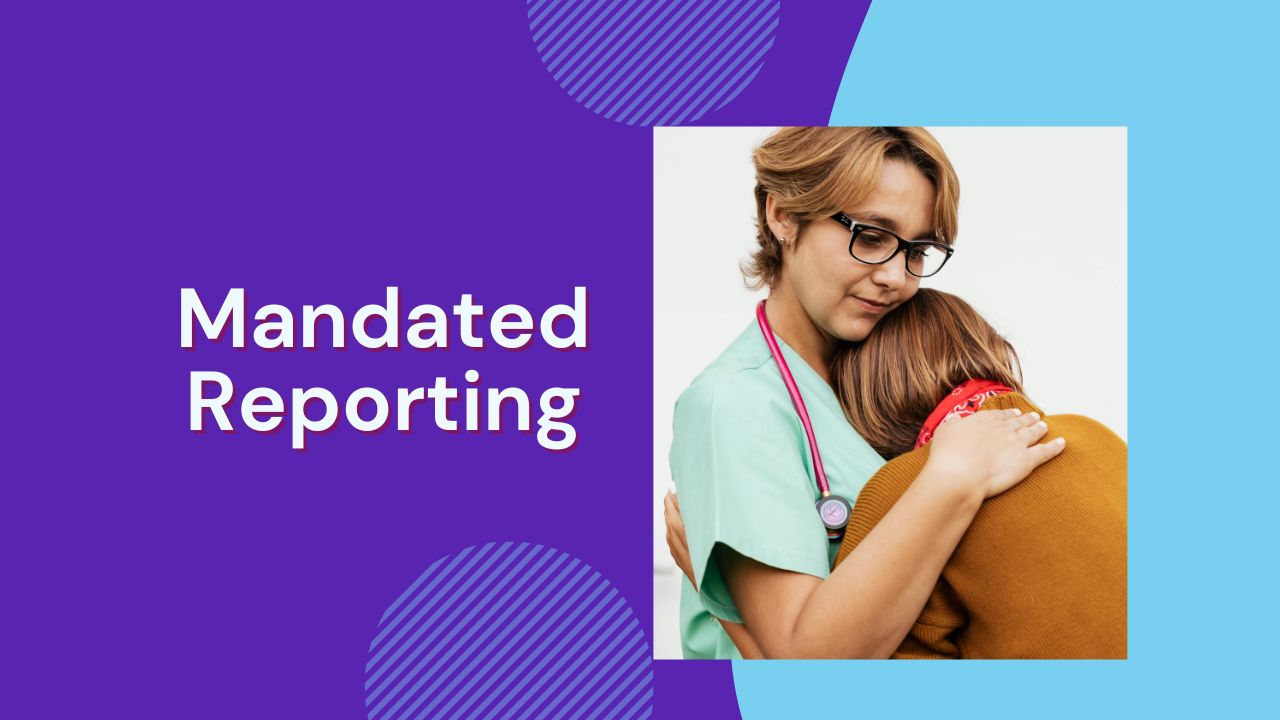Is “not employed” the same as “unemployed”?
Although this may seem like a grammar question, the answer is essential to determine whether you are eligible for unemployment benefits as a PRN nurse. Read on for a nuanced explanation of who receives unemployment benefits and why.
What Are Unemployment Benefits?
Unemployment benefits are payments from Unemployment Insurance (UI), a joint state-federal program that provides monetary benefits to eligible workers. Although each state administers its own program, all states follow the same federal guidelines:
- Unemployment benefits aim to provide temporary financial assistance to unemployed workers.
- Each state sets the maximum payment, but benefits are generally based on a percentage of the individual’s earnings over a recent 52-week period. Unemployment insurance beneficiaries must pay federal and most state income taxes on these payments and report them on their income tax returns. Recipients of unemployment benefits may also choose to have the tax withheld from their payments.
- In most states, beneficiaries can receive payments for a maximum of 26 weeks. Extended benefits may be available during periods of high unemployment. Furthermore, some states offer additional benefits for specific purposes.
Know Your Eligibility for Unemployment Insurance
Since each state administers its own Unemployment Insurance program, eligibility guidelines may vary. However, individuals typically qualify for unemployment if they meet the following criteria:
- Are unemployed through no fault of their own, typically due to a lack of available work
- Meet state work and wage requirements regarding wages earned or time worked during an established period referred to as a “base period” (usually the first four out of the last five completed calendar quarters before filing the unemployment claim)
- Meet any additional state requirements
Remember that individuals must have previously and recently been employed to receive unemployment benefits. Many states require individuals to have worked consistently for 12–24 months to qualify, earning a minimum amount. Therefore, new-grad RNs who have not yet entered the workforce do not qualify for unemployment benefits.
The following are reasons state programs may deny unemployment benefits:
- Leaving your job voluntarily and without a good cause (Depending on state laws and your reasons for quitting, you may still be eligible.)
- Losing your job due to misconduct (understood as an action or actions showing a deliberate disregard for the employer’s interests)
- Being unable, unavailable, or unwilling to work
- Not actively seeking work or refusing a suitable work offer
- Intentionally making false statements to obtain unemployment benefits
If you are denied benefits but still believe you are entitled to receive them, you may file an appeal within an established time frame. However, your employer may also appeal the state’s decision to grant unemployment benefits.
Can PRN Nurses Collect Unemployment Insurance Benefits?
A PRN nurse works as needed, covering shifts in facilities that are temporarily understaffed or experiencing a surge in demand for healthcare services. Whether or not a PRN nurse can qualify for unemployment depends on whether they were employed in the first place.
Some staffing agencies or healthcare facilities employ PRN nurses full- or part-time. On the other hand, other PRN nurses work as independent contractors, picking up shifts through open healthcare marketplaces such as Nursa.
PRN Nurses Employed with a Healthcare System or Facility
Although PRN nurses may not have the same stability and predictability in their jobs as regular staff employed to work in a specific role in a particular facility or unit, many PRN nurses are still employees and may receive both salary and non-salary benefits.
If you are an employee, your employer withholds some income, Social Security, and Medicare taxes from your pay. Your employer also pays part of your Social Security and Medicare taxes, as well as workers’ compensation and unemployment insurance benefits, if applicable.
If employed PRN nurses are laid off and meet their state’s eligibility requirements, they do get unemployment benefits for a time. However, since individuals must actively seek work to maintain unemployment benefits—and considering the high demand for nurses nationwide—it is unlikely that nurses will qualify for unemployment benefits for long.
PRN Nurses Working as Independent Contractors
Independent contractors have significant control over their work, including when and where they work. For example, with Nursa, PRN nurses can request only the shifts that interest them, fit their schedules, and meet their payment expectations. Neither Nursa nor the facilities where these PRN nurses work can insist that nurses work overtime, on holidays, or in a role they do not wish to take on. Furthermore, clinicians picking up shifts with Nursa have the right to receive their complete pay since facilities do not pay taxes on their behalf.
Without an employer paying unemployment insurance, do independent contractors get unemployment benefits? Since neither PRN clinicians nor the facilities where they pick up shifts pay state or federal unemployment taxes, PRN nurses who find themselves without work typically cannot receive unemployment benefits. That said, nurses rarely go without work for long, particularly those with access to a healthcare staffing app that allows them to browse and request available nursing shifts in real time.
In some instances, individuals may be misclassified as independent contractors. If you work exclusively for a specific facility and have a regular schedule and long-term commitments with the facility, you possibly should have been classified as an employee. In this case, if you lose your PRN job, you may still be eligible for unemployment benefits.
Stay Informed of Your Options
Frankly, discussing unemployment in nursing is a moot point. Unemployment benefits go to individuals who lose their jobs and have difficulty finding new positions. Nurses can open the Nursa app on their phones and pick up a high-paying PRN shift within seconds. PRN nurses can pick up shifts near them or travel and pick up shifts as they go. As challenging as the field can be, few professions offer the job growth and sheer number of career opportunities that nursing offers—and few nursing jobs provide the advantages that PRN shifts offer.
If you find yourself without a job or simply want to explore the benefits of PRN nursing jobs, Nursa is here for you.
Sources:












.jpg)
